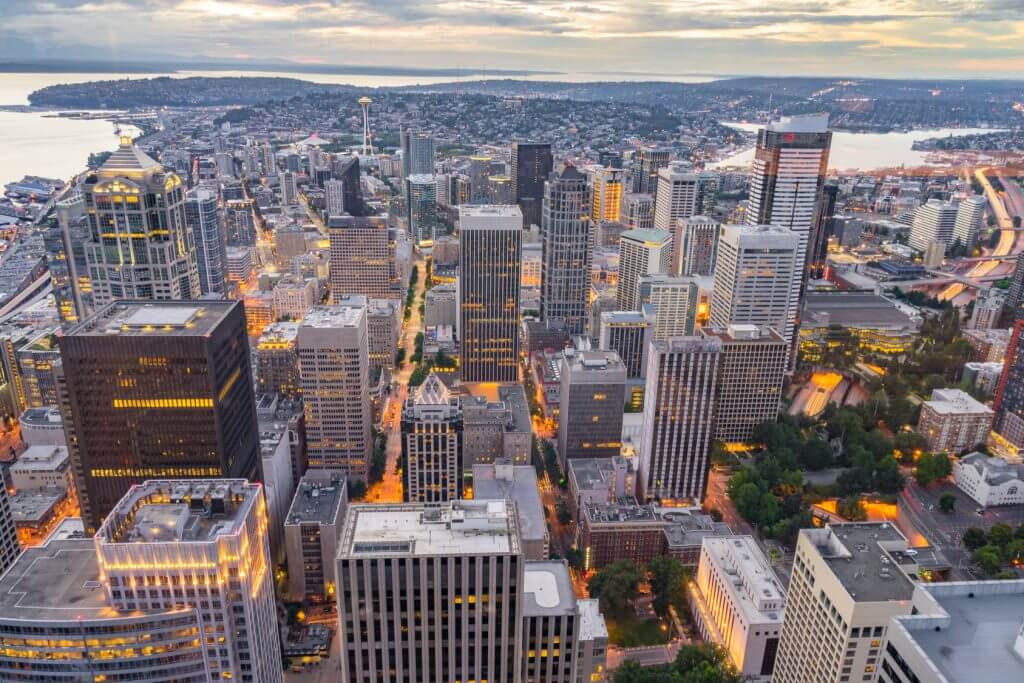The Un-Habitat or the United Nations agency for human settlements and sustainable urban development, whose primary focus is to deal with the challenges of rapid urbanization, has been developing innovative approaches in the urban design field, centered on the active participation of the community. ArchDaily has teamed up with UN-Habitat to bring you weekly news, article, and interviews that highlight this work, with content straight from the source, developed by our editors.
Around 440 fast-growing cities in emerging economies will contribute by 2025, to nearly half of global economic growth. If given the right planning and management tools, this urbanization “can be transformative, creating jobs, reducing poverty, and improving citizens’ quality of life”. As a matter of fact, the Global Future Cities Programme (GFCP) aims to deliver this required support. Based on urban planning, transport, and resilience principles, the program provides “technical assistance for a set of targeted interventions to encourage sustainable development and increase prosperity while alleviating high levels of urban poverty”.
Many developing cities around the world are faced with extensive challenges that prevent them from leading sustainable future developments. The Global Future Cities Programme (GFCP), part of the Prosperity Fund established by the UK Government in 2015 to help promote economic growth in developing countries, seeks to aid fast-growing cities in emerging economies such as Brazil, Indonesia, South Africa, and Turkey. The Program includes 30 projects distributed over 19 cities in 10 countries. Focused on providing technical and strategic assistance to cities, the GFCP will help these urban agglomerations with “spatial and strategic planning and urban design, the development of integrated transport systems and better urban mobility, and improved strategies for dealing with climate change and environmental risks”. Check some of the involved cities below.





